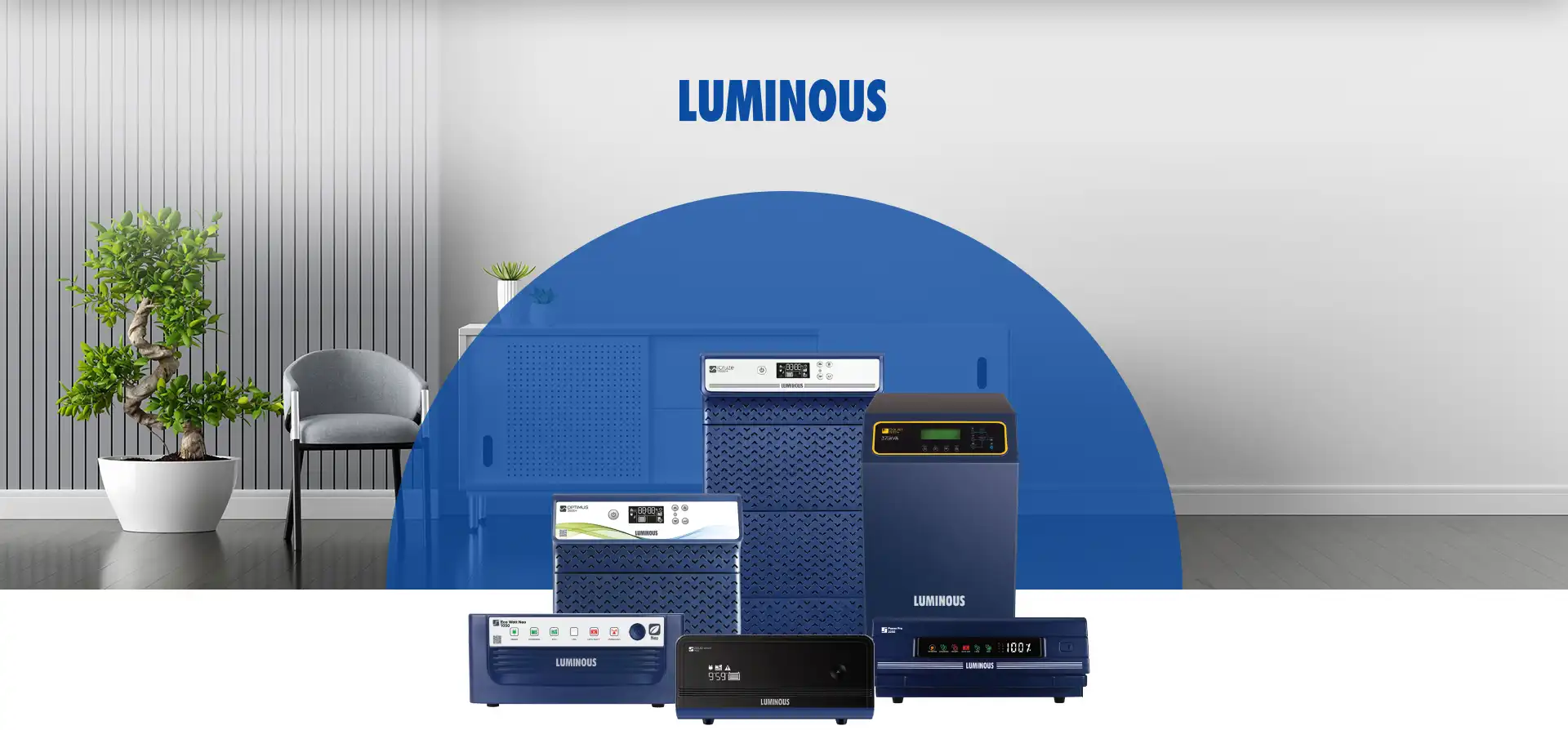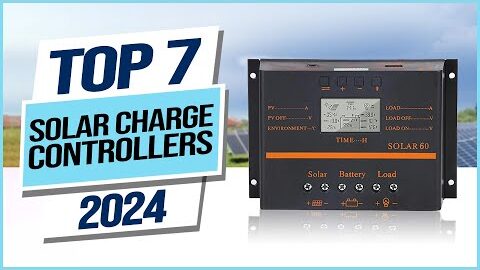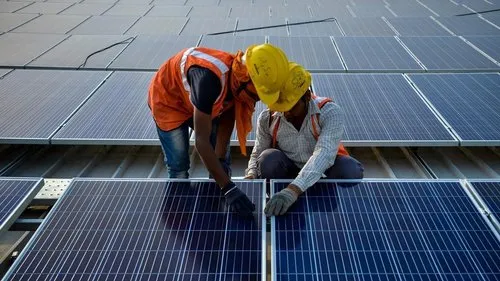MTN Solar Inverter
MTN Solar Inverter: Affordable Pay-As-You-Go Solar Power in Nigeria MTN Solar Inverter is part of the growing clean energy movement in Nigeria, helping to bridge the gap between power shortage and everyday energy needs. Offered in partnership with Lumos, the solution delivers a compact solar home system that runs on a pay-as-you-go model—allowing users to enjoy electricity without paying upfront for a full solar setup. This model is especially popular among low- and middle-income households, rural dwellers, and small business owners who need basic power for lights, fans, phone charging, and small electronics. With MTN’s wide telecom network and Lumos’ expertise in off-grid solar, Nigerians can now access reliable electricity by simply recharging their MTN line. In this comprehensive guide, we’ll cover everything you need to know about the MTN Solar Inverter: how it works, pricing, features, usage, comparisons with traditional systems, and whether it’s the right fit for your home or shop. What Is MTN Solar Inverter (MTN Lumos)? The MTN Solar Inverter, officially known as the MTN Lumos Solar Home System, is a compact solar solution designed to provide clean energy to underserved areas. The service is operated in partnership between MTN Nigeria and Lumos Global, combining telecom infrastructure and solar technology. Components of the MTN Lumos Solar System: How It Works: Users can monitor usage, receive low battery alerts, and pay for energy plans by dialling a short code on their MTN line. MTN Solar Inverter Price and Subscription Plans Unlike conventional inverters, the MTN Lumos system doesn’t require a one-time full payment. Instead, customers pay small daily, weekly, or monthly fees using their MTN airtime balance. MTN Solar Subscription Pricing Table: Duration Price Range (NGN) Notes 1 Day ₦230 – ₦300 Power for basic needs for 24 hours 1 Week ₦1,200 – ₦1,500 More affordable over 7 days 1 Month ₦4,500 – ₦5,500 Best value for frequent users 180 Days ₦27,000 – ₦30,000 Long-term discounted plan Full Ownership ~₦250,000 (after 5 yrs of usage) No more payments Users gain full ownership of the system after about 1,800 days (approx. 5 years) of consistent use and payment. Looking to compare more solar inverter brands options? Read our guide on the solar Inverter price in Nigeria to explore the prices of top-performing solar inverter brands. What Can MTN Solar Inverter Power? This system is designed for light-load appliances, making it ideal for homes and micro-businesses that need steady, low-voltage electricity. Devices You Can Power: Devices You Cannot Power: MTN Lumos is built for energy efficiency, not for powering heavy-duty appliances. Installation and Activation Process Getting started with MTN Solar Inverter is simple. Here’s how it works: Step-by-Step Setup: The whole process can be completed within 2–3 days. Advantages of MTN Solar Inverter The MTN Solar Inverter system is helping thousands of Nigerian homes enjoy uninterrupted electricity. Here are some of the reasons it’s gaining popularity: Key Benefits: Limitations of MTN Solar Inverter While it’s an excellent entry-level solution, it does have some constraints: For larger homes or businesses, consider investing in a full solar panel and inverter system that can scale. MTN Solar Inverter vs Traditional Solar Inverter Systems Feature MTN Solar Inverter Traditional Inverter Cost Pay-as-you-go One-time purchase Upfront Cost ₦20,000 – ₦25,000 ₦400,000+ Appliances Powered Basic electronics Full household load Expandability No Yes Ownership After 5 years Immediate Maintenance Minimal May require technician Ideal For Low-income, rural users Urban homes, businesses Is MTN Solar Inverter Worth It? Yes, If You: No, If You: For higher capacity inverters, visit our guide on Solar Inverter Price in Nigeria. Where to Get MTN Solar Inverter You can subscribe to the MTN Lumos solar system at: For alternatives, explore full systems at SolarEnergySupplyStores.com. Final Thoughts The MTN Solar Inverter system is revolutionizing how Nigerians access power. With its flexible payment plans and zero-maintenance design, it’s a smart solution for homes and shops needing simple, daily electricity. While it’s not suitable for large families or heavy devices, it’s an excellent stepping stone for those just getting started with solar energy. Affordable, accessible, and adaptable—it’s a bright choice for Nigeria’s power future. FAQs About MTN Solar Inverter Q: How much is MTN Solar Inverter in Nigeria?A: The initial sign-up costs ₦20,000–₦25,000. Daily use costs ₦230–₦300. Q: What happens if I stop paying?A: The system automatically shuts off until another payment is made. Q: Can I use it during the rainy season?A: Yes, but energy generation and usage time may be limited in low sunlight. Q: Is there a warranty?A: Yes, MTN and Lumos provide warranty and tech support during the contract period. Q: Can I connect it to a regular inverter?A: No. It’s a standalone system with its own battery and charge controller.







